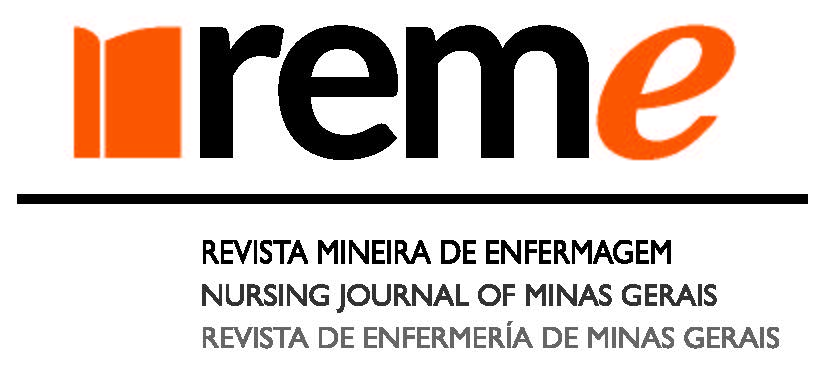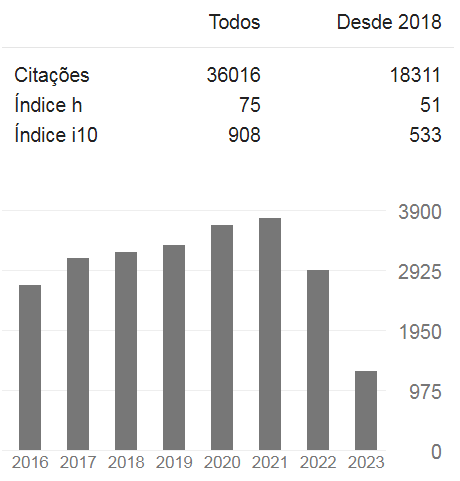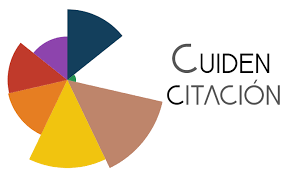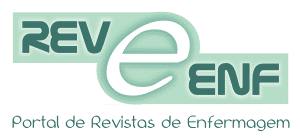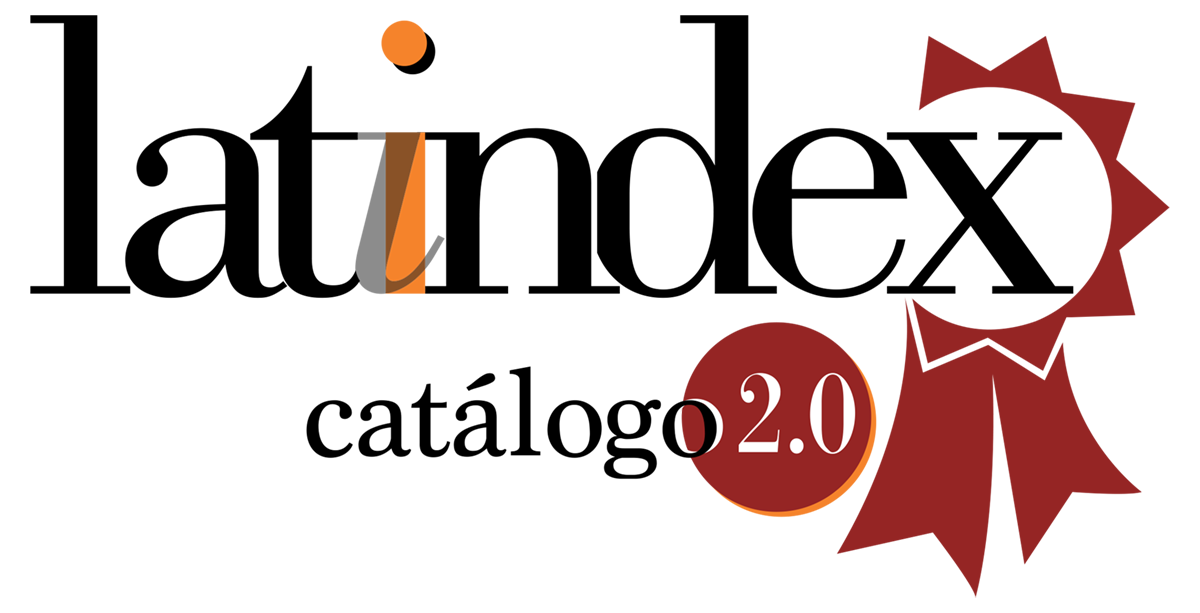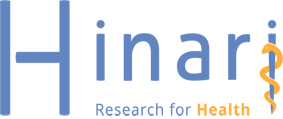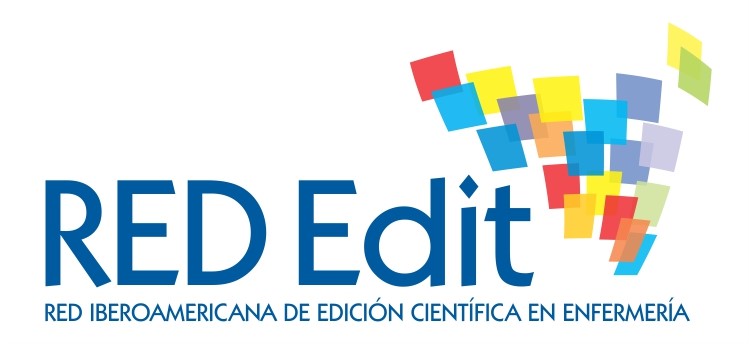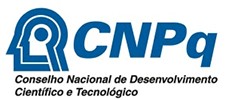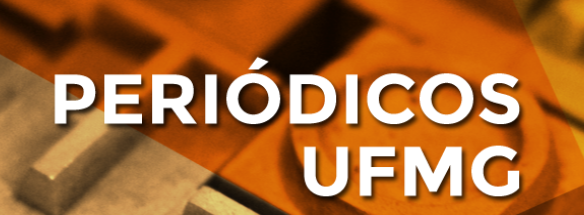Effects of heroism discourse on the professional involvement of nurses in the COVID-19 pandemic
DOI:
https://doi.org/10.35699/2316-9389.2022.40127Keywords:
Pandemia, COVID-19, Professional Practice, Nurses, Nursing, Qualitative ResearchAbstract
Objective: to analyze the effects of heroism discourse on the professional involvement of nurses in the COVID-19 pandemic. Methods: This is a qualitative study, carried out from April to June 2020, using the snowball method, with 598 nurses in Brazil, using Google Forms®. It was conducted based on the theoretical framework of Institutional Analysis, which seeks to understand and transform social reality in terms of ideological dimensions (way of thinking and representing the profession), libidinal (productions and rearrangements carried out with the profession through desire), and organizational (the material basis for the exercise of the profession). Results: in the ideological dimension, the discourse of heroism about nurses involves the social non-recognition of the profession and the figure of the hero, who do not see as such, as they work in poor working conditions and are at constant risk of death. In the libidinal, ambiguously, nurses identify with the heroism discourse when there is admiration from the population, social recognition, and satisfaction with work, even amidst feelings of distress, impotence, sadness, and fear. Finally, in the organizational dimension, the discourse is involved with better working conditions, wages, and reduced workload, necessary for providing care with quality and safety. Conclusion: the effects of the heroism discourse are implied in the three dimensions and refer to the socio-historical process of the constitution of the profession, associating nurses with the hero figure. Nurses vehemently question this position because the precarious working conditions they are exposed to are very real.
Downloads
References
Silva MCN, Machado MH. Health and work system: challenges for the nursing in Brazil. Ciênc Saúde Colet [Internet]. 2020[citado em 2021 dez 19];25(1):7-13. Disponível em: https://www.scielo.br/j/csc/a/wqFyYK4y49f8WZPmkvrwVsQ/abstract/?lang=en
Ludwig EFSB, Fracasso NV, Faggion RPA, Silva SVM, Silva LGC, Haddad MCFL. COVID-19 Pandemic: health professionals’ perception about the assistance mentioned in television media. Rev Bras Enferm [Internet]. 2021[citado em 2021 dez 19];(74). Disponível em: https://www.scielo.br/j/reben/a/Pf37bCj9tWGk9wTg7gknkrv/?lang=en
Conselho Federal de Enfermagem. Enfermagem em números [Internet]. Brasília: COFEN; 2022[citado em 2021 dez 19]. Disponível em: http://www.cofen.gov.br/enfermagem-em-numeros
World Health Organization. Situacìon de la enfermerìa en el mundo [Internet]. Genova: WHO; 2020[citado em 2021 nov. 16]. Disponível em: https://apps.who.int/iris/bitstream/handle/10665/331675/9789240003392-spa.pdf?sequence=1&isAllowed=y.
Conselho Federal de Enfermagem. Observatório da Enfermagem. Brasília: COFEN; 2019[citado em 2021 nov. 16]. Disponível em: http://observatoriodaenfermagem.cofen.gov.br.
Rézio LA, Oliveira E, Queiroz AM, Sousa AR, Zerbetto SR, Marcheti PM, Nasi C, Nóbrega MPSS. Neoliberalism and precarious work in nursing in the COVID-19 pandemic: repercussions on mental health. Rev Esc Enferm USP [Internet]. 2022[citado em 2021 dez 19];56:e20210257. Disponível em: https://www.scielo.br/j/reeusp/a/5cWSZKHzsZd7st3FKWRP44z/?lang=en&format=pdf
Alves JS, Gonçalves AMS, Bittencourt MN, Alves VM, Mendes DT, Nóbrega MPSS. Psychopathological symptoms and work status of Southeastern Brazilian nursing in the context of COVID-19. Rev Latino-am Enferm [Internet]. 2022[citado em 2021 dez 19];30:e3518. Disponível em: https://doi.org/10.1590/1518-8345.5768.3518
Mohammed S, Peter E, Killackey T, Jane M. The “nurse as hero” discourse in the COVID-19 pandemic: a poststructural discourse analysis. Int J Nursing Stud [Internet]. 2020[citado em 2021 dez 19];29:2733. Disponível em: https://doi.org/10.1016/j.ijnurstu.2021.103887
Stokes-Parish J, Elliott R, Rolls K, Massey D. Angels and Heroes: The Unintended Consequence of the Hero Narrative. J Nurs Scholarsh [Internet]. 2020[citado em 2021 dez 19];52(5):462-6. Disponível em: https://doi.org/10.1111/jnu.12591
Borges FA, Rézio LA, L’Abbate S, Fortuna CM. The entry in the field and the creation of devices in socioclinical research. Psicol Estud [Internet]. 2018[citado em 2021 dez 19];23:e40373. Disponível em: http://dx.doi.org/10.4025/psicolestud.v23.e40373
Lourau R. The institutional analysis. Petrópolis: Vozes; 2014. 328 p.
Borges FA, Fortuna CM, Feliciano AB, Ogata MN, Kasper M, Silva MV. Analysis of professional implication as a tool of permanent education in health. Rev Latino-Am Enferm [Internet]. 2019[citado em 2021 dez 19];27:e3189. Disponível em: https://www.scielo.br/j/rlae/a/vHJQkbb9CtHgpnWTxbjV3vq/?lang=pt
Li Z, Ge J, Yang M, Feng J, Qiao M, Jiang R, et al. Vicarious traumatization in the general public, members, and non-members of medical teams aiding in COVID-19 control. Brain Behav Immun [Internet]. 2020 [citado em 2020 out. 10];pi(20):S0889-1591. Disponível em: https://www.ncbi.nlm.nih.gov/pmc/articles/pmid/32169498/
Patias ND, Hohendorff JV. Quality criteria for qualitative research articles. Psicol Estud [Internet]. 2019[citado em 2020 out. 10];24:e43536. Disponível em: https://www.scielo.br/j/pe/a/BVGWD9hCCyJrSRKrsp6XfJm/abstract/?lang=en
Nascimento LCN, Souza ITV, Oliveira IICS, Moraes JRMM, Aguiar RCB, Silva LF. Theoretical saturation in qualitative research: an experience report in interview with schoolchildren. Rev Bras Enferm [Internet]. 2018[citado em 2020 out. 10];71(1):243-8. Disponível em: https://www.scielo.br/j/reben/a/SrfhX6q9vTKG5cCRQbTFNwJ/?lang=en&format=pdf
Braun V, Clarke V. Reflecting on reflexive thematic analysis. Qual Res Sport Exerc Health [Internet] 2019[citado em 2020 out. 10];11(4):589-97. Disponível em: https://www.tandfonline.com/doi/abs/10.1080/2159676X.2019.1628806?cookieSet=1
Silva AR, Padilha MI, Backes VMS, Carvalho JB. Professional nursing identity: a perspective through the Brazilian printed media lensesa a Article extracted from Master Thesis with the title "Press media and (re/de) construction of professional identity of Brazilian Nursing". Esc Anna Nery Rev Enferm [Internet]. 2018[citado em 2020 out. 10];22(4):e20180182. Disponível em: https://www.scielo.br/j/ean/a/x45qJDnRzdwF5RYgfjFwfhj/?format=pdf&lang=en
Carloni PRFFR, Santos AC, Borges FA. Students’ perception of nurses’ role in primary health care: integrative review. Rev Baiana Enferm [Internet]. 2021[citado em 2020 out. 10];35:e36782. Disponível em: file:///C:/Users/Jordana/Downloads/36782-Manuscrito%20no%20template%20padr%C3%A3o%20RBE-162913-1-10-20201125.pdf
World Health Organization. State of the world’s nursing 2020: Investing in education, jobs and leadership [Internet]. 2020[citado em 2021 nov. 16]. Disponível em: https://www.who.int/publicatio ns/i/item/nursing-report-2020
Dias MO, Souza NVDO, Penna LHG, Gallasch CH. Perception of nursing leadership on the fight against the precauriousness of working conditions. Rev Esc Enferm USP [Internet]. 2019[citado em 2020 out. 10];53:e03492. Disponível em: https://www.scielo.br/j/reeusp/a/jtnMDhNtbPWYnB7J3vvSrDF/?lang=en&format=pdf
Additional Files
Published
How to Cite
Issue
Section
License
Copyright (c) 2022 REME-Revista Mineira de Enfermagem

This work is licensed under a Creative Commons Attribution 4.0 International License.

